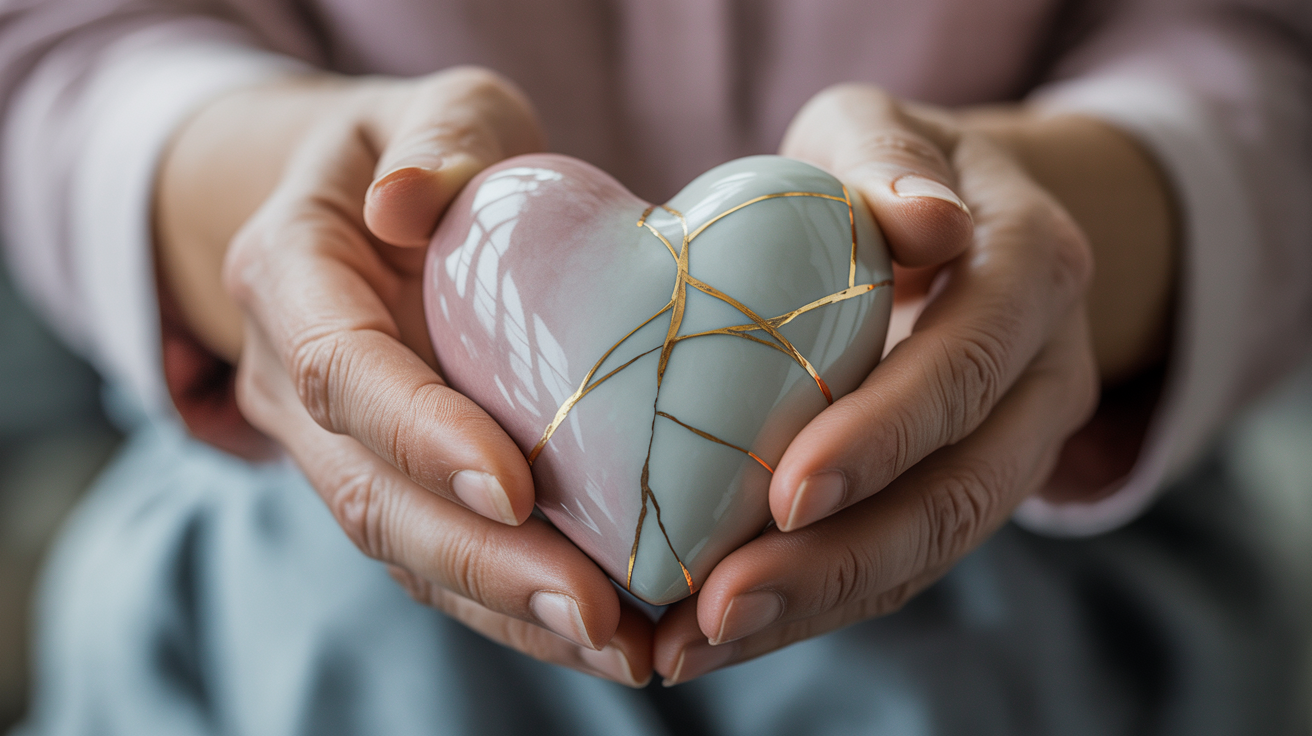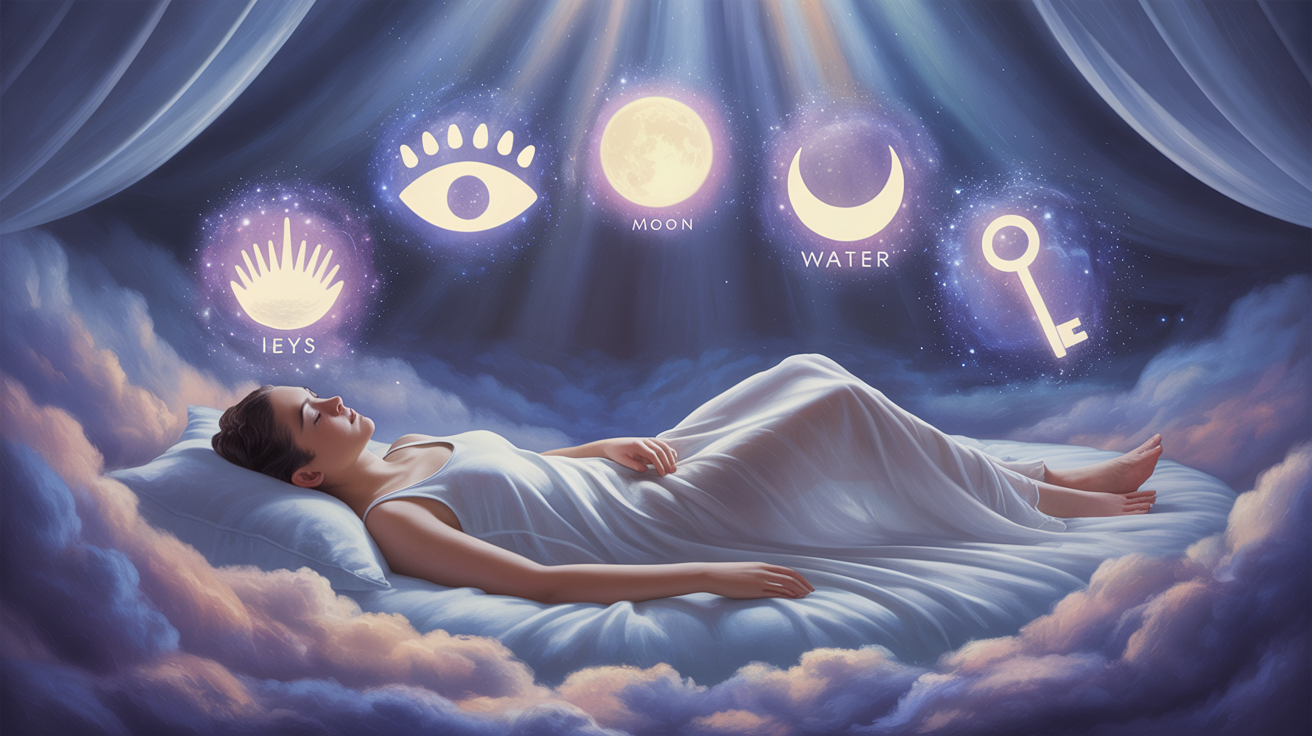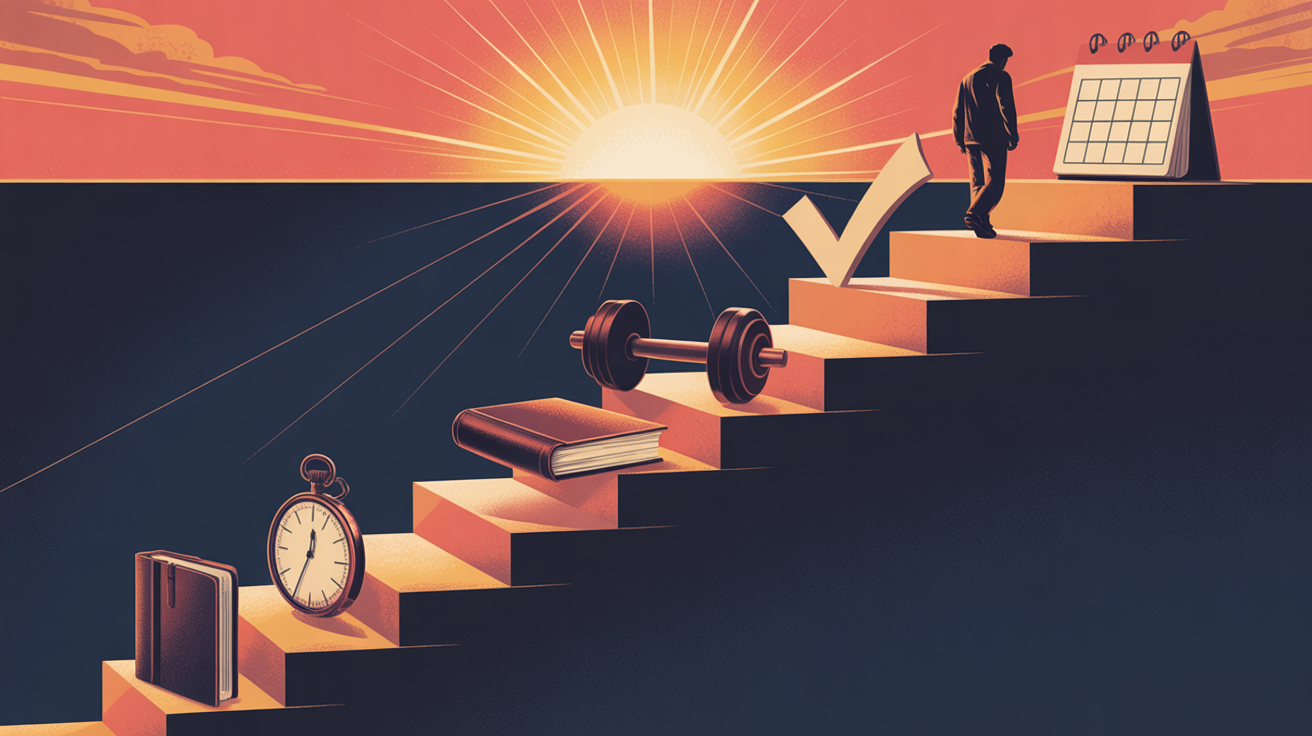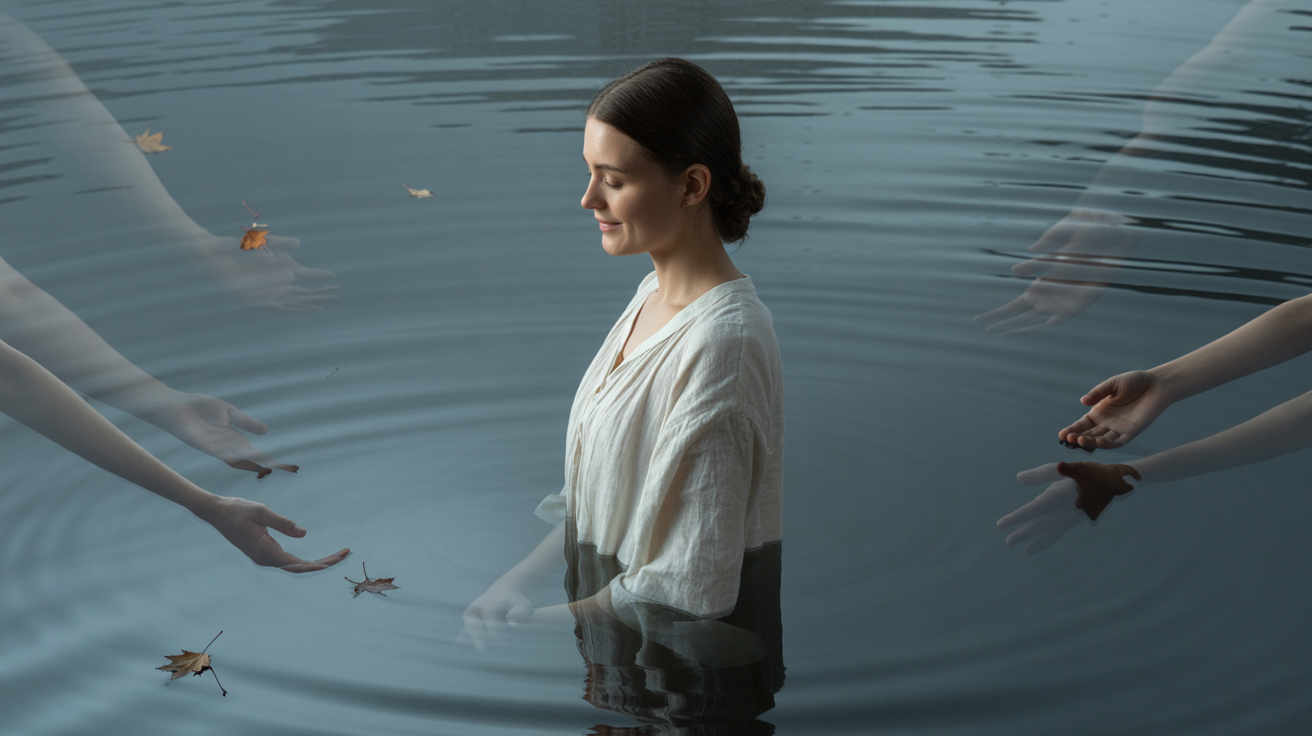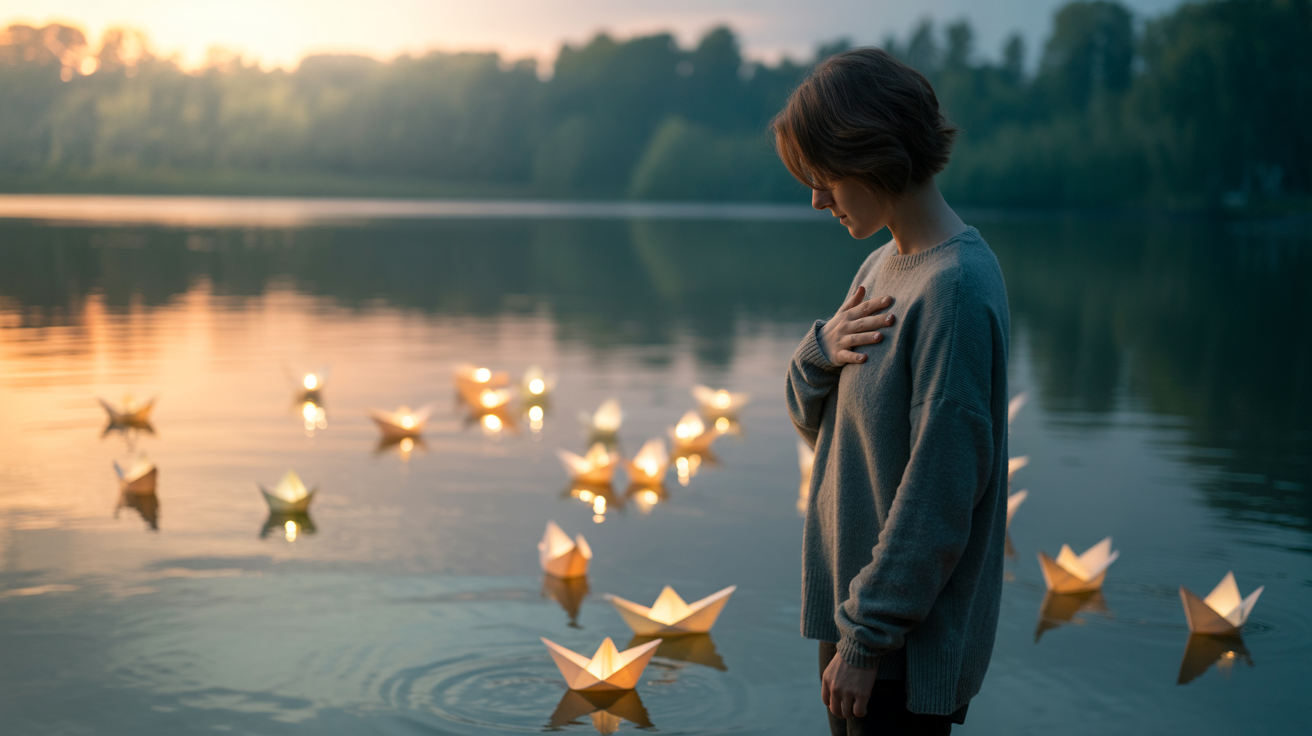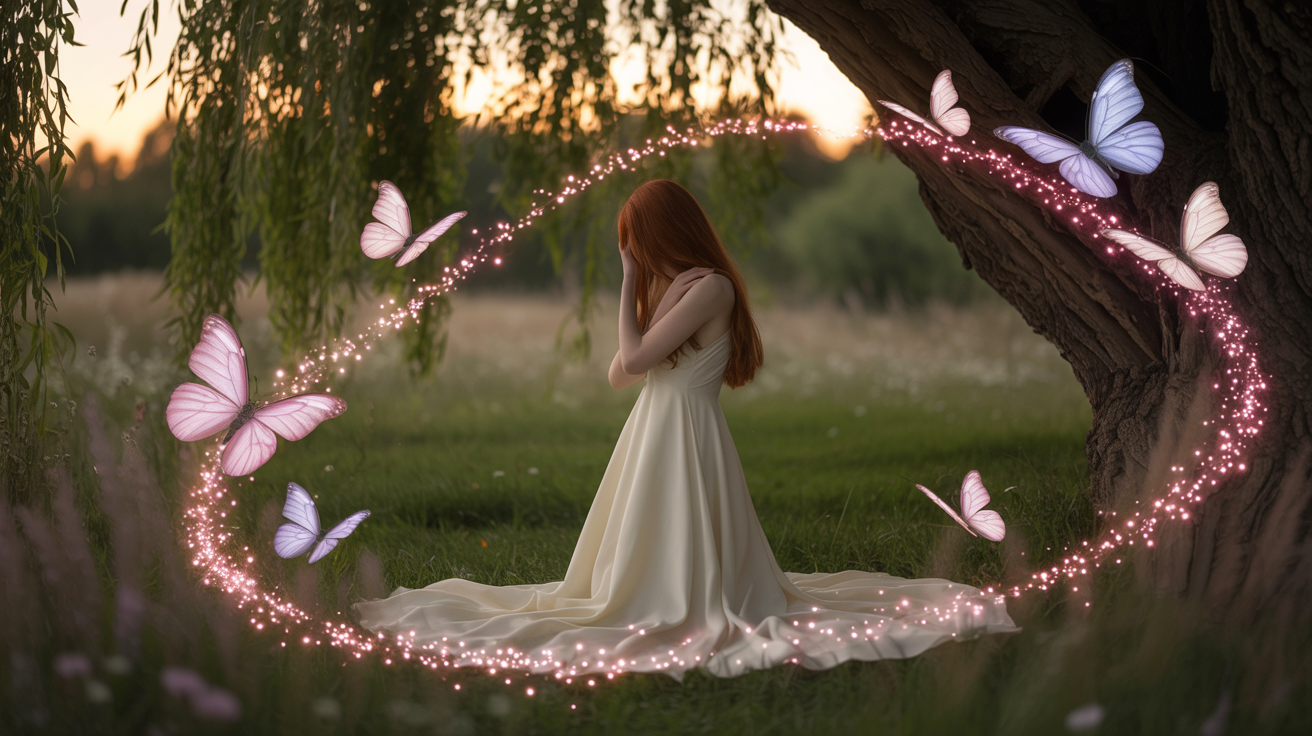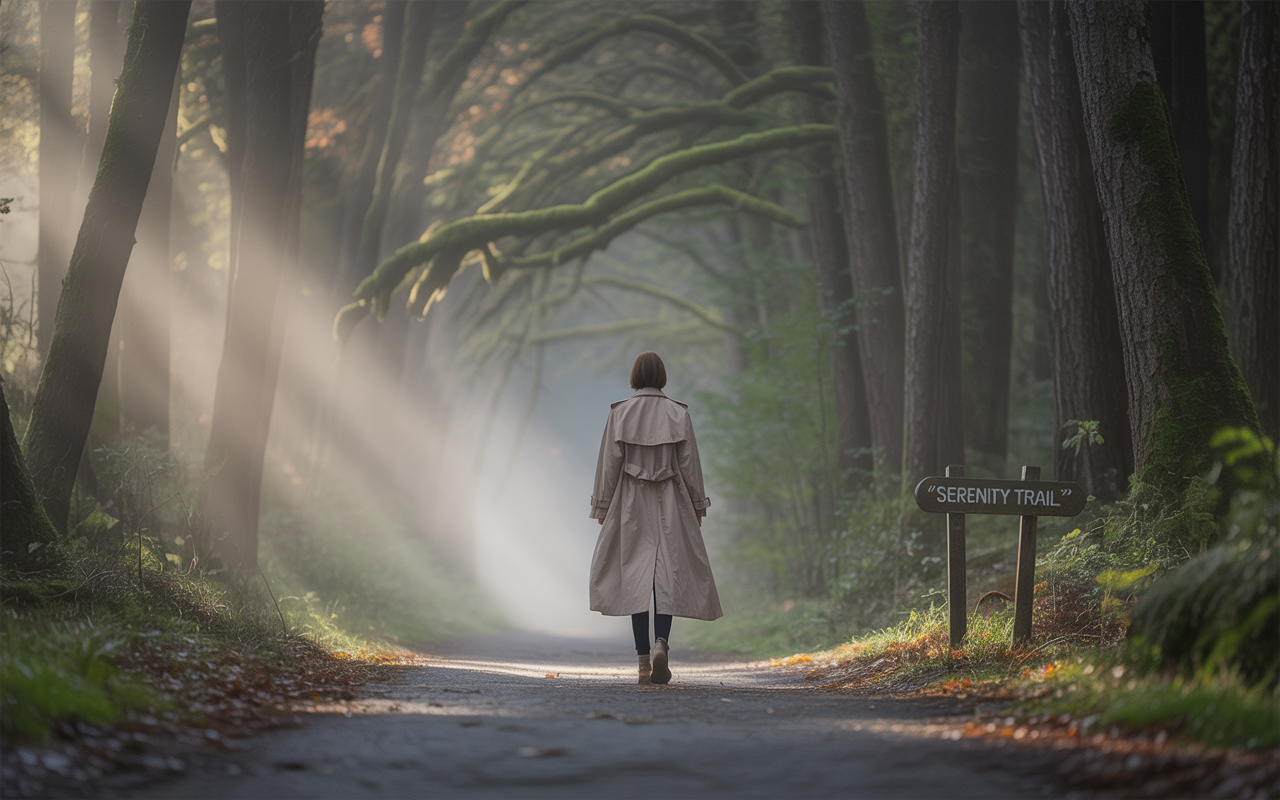
Why Self-Discovery is a Lifelong Journey (And How to Enjoy It)
What if the question “Who am I?” never gets a final answer—and that’s actually the most beautiful part? In our achievement-oriented culture, we’re conditioned to believe that self-discovery is a problem to solve, a destination to reach, or a box to check off our personal development list. But neuroscience reveals something far more intriguing: your brain literally rewires itself throughout your entire life, creating new neural pathways and possibilities for who you can become.
Dr. Norman Doidge’s groundbreaking research on neuroplasticity shows that humans retain the capacity for fundamental change well into their 90s. This means you’re not discovering a fixed, unchanging self—you’re participating in the ongoing creation of who you are. The self you’re discovering today is different from who you were five years ago and different from who you’ll be five years from now.
This isn’t a limitation or a sign that you’re doing self-discovery wrong. It’s the thrilling reality that being human means being in constant, creative flux. When you embrace self-discovery as a lifelong adventure rather than a destination, you transform from a frustrated seeker into a curious explorer, and the journey becomes as rewarding as any destination could ever be.
Understanding the Nature of Self-Discovery
Self-discovery isn’t about uncovering a hidden, true self that’s been waiting inside you all along—it’s about exploring the dynamic, ever-evolving being you are in each moment. Modern psychology has moved away from the idea of a fixed personality toward understanding identity as a fluid, contextual process.
Dr. Dan McAdams, a leading researcher in personality psychology, describes identity as having three levels: traits (relatively stable characteristics), characteristic adaptations (goals, values, and coping strategies that evolve), and integrative life narratives (the stories we tell about who we are). While traits remain fairly consistent, the other two levels constantly change as you grow, learn, and experience life.
This means self-discovery is less like archaeological excavation and more like participating in an ongoing creative collaboration with life itself. You’re not just discovering who you are—you’re actively co-creating who you become through your choices, relationships, and responses to experience.
Understanding this fluid nature of selfhood is liberating. It means you’re not stuck with any version of yourself that no longer serves you. It also means there’s no “right” answer to find about yourself, no perfect self-knowledge that will solve all your problems. Instead, there’s an endless, fascinating exploration of human potential.
The Five Dimensions of Ongoing Self-Discovery
Psychological Evolution involves understanding how your thoughts, emotions, and mental patterns continue developing throughout life. Your capacity for emotional regulation, cognitive flexibility, and psychological resilience can grow dramatically with conscious attention. What triggered you at 25 might amuse you at 45, not because you’ve suppressed your sensitivity but because you’ve developed new ways of understanding and responding.
Values Transformation reflects how your deepest priorities naturally shift as you gain life experience. The achievement and recognition that drove you in your twenties might give way to connection and meaning in your forties, then wisdom and legacy in your sixties. These aren’t better or worse values—they’re different expressions of growth.
Relational Identity Development encompasses how you learn to be in relationship with others and yourself. Your capacity for intimacy, boundaries, communication, and love continues expanding through every relationship you navigate. Each connection teaches you something new about who you are in relation to others.
Creative and Expressive Unfolding involves discovering new ways to express your authentic self through various mediums and activities. You might discover a passion for painting at 50, develop leadership skills at 40, or find your writing voice at 60. These aren’t late discoveries—they’re right-time emergences.
Spiritual and Philosophical Deepening includes your evolving relationship with meaning, purpose, mortality, and the mystery of existence. Your understanding of what matters most and why you’re here naturally deepens and refines through life experience, often in ways you couldn’t have imagined in earlier decades.
Why Self-Discovery Never Ends (And Why That’s Perfect)
Life itself is constantly changing, which means your relationship with life must also evolve. You face new challenges, opportunities, losses, and transitions that require growth and adaptation. Each life phase presents unique developmental tasks that reveal new aspects of your character and capabilities.
Research from Harvard’s Grant Study, the longest-running study on human development, shows that the people who thrive throughout their lives are those who remain curious about themselves and adaptable to change. They view each life stage not as a decline from previous phases but as an opportunity for new kinds of growth and self-expression.
Your brain’s neuroplasticity means you literally have different neural patterns today than you did last year. New experiences create new neural pathways, changing not just what you know but how you think and perceive. This biological reality makes ongoing self-discovery not just possible but inevitable.
Furthermore, self-discovery is relational. You discover new aspects of yourself through relationships, challenges, and contexts you haven’t encountered before. The person you become as a parent, leader, caregiver, or creator reveals facets of your character that couldn’t emerge any other way.
Common Challenges That Make the Journey Difficult
The Destination Myth is the belief that self-discovery should lead to a final, complete understanding of yourself. This creates frustration when you continue feeling uncertain or discovering contradictory aspects of your personality. The myth suggests that mature, evolved people have “figured themselves out,” which puts pressure on the exploration process.
Comparison and Timeline Pressure comes from social media and cultural messages suggesting that everyone else has their life figured out by certain ages. You might feel behind or inadequate if you’re still exploring your identity or changing directions later in life, not realizing that ongoing discovery is actually a sign of aliveness and growth.
Fear of Impermanence can make self-discovery feel threatening. If who you are keeps changing, it might feel like you can’t rely on yourself or build a stable identity. This fear often leads to clinging to outdated self-concepts or resisting natural growth and change.
Perfectionism in Self-Knowledge creates the belief that you should understand every aspect of yourself and have complete self-awareness. This impossible standard can make the natural mystery and complexity of human nature feel like personal failures rather than fascinating realities to explore.
Analysis Paralysis happens when self-discovery becomes too mental and conceptual. Some people get stuck in endless introspection and analysis without taking action or allowing embodied experience to inform their understanding.
Essential Tools for Enjoying the Lifelong Journey
Mindfulness and Present-Moment Awareness help you notice who you are right now without needing to project into the future or analyze the past. Regular meditation or mindfulness practice develops comfort with uncertainty and change while deepening your capacity to observe yourself with curiosity.
Journaling and Reflective Writing create ongoing dialogue with your evolving self. Rather than trying to reach conclusions about who you are, use writing to explore questions, process experiences, and track patterns over time. Your journals become a record of your unfolding story.
Experiential Learning and New Challenges provide fresh contexts for self-discovery. Travel, creative projects, physical challenges, volunteer work, or learning new skills reveal aspects of your character that can’t emerge through introspection alone.
Meaningful Relationships and Community offer mirrors for self-discovery through others’ perspectives and responses to you. Deep friendships, mentoring relationships, and community involvement show you facets of yourself that are only visible in relational contexts.
Creative Expression and Play bypass analytical mind and connect you with authentic impulses and desires. Whether through art, music, dance, writing, or other creative outlets, you discover aspects of yourself that thinking alone can’t access.
Professional Support and Guidance from therapists, coaches, or spiritual teachers can accelerate self-discovery by providing tools, perspectives, and safe spaces for exploration. These relationships often reveal blind spots and support you through challenging aspects of growth.
Practical Strategies for Embracing the Ongoing Journey
Strategy 1: Cultivate Beginner’s Mind
Approach yourself with the same curiosity you’d have about a fascinating stranger. Instead of assuming you know how you’ll react to situations or what you’re capable of, stay open to surprise and discovery.
Practice asking yourself genuine questions: “I wonder how I’ll handle this challenge?” “What part of me wants to emerge in this situation?” “What am I learning about myself right now?” This curiosity transforms everyday experiences into opportunities for self-discovery.
Release the need to have yourself figured out. When people ask about your five-year plan or life goals, it’s okay to say “I’m exploring” or “I’m in a discovery phase.” This honesty often invites more authentic conversations and connections.
Strategy 2: Document Your Evolution
Keep a “growth journal” where you record not just daily events but insights about yourself, changing perspectives, and evolving interests. Review these entries quarterly to notice patterns and appreciate your ongoing development.
Take photos or videos of yourself regularly, not just for appearance but to capture your energy, expressions, and presence. Looking back on these over time reveals subtle changes in confidence, openness, and authenticity that gradual daily experience might miss.
Create annual “state of the self” reflections where you explore how you’ve grown, what you’ve learned, and what’s emerging. This practice helps you appreciate the journey while staying open to future evolution.
Strategy 3: Embrace Identity Experiments
Give yourself permission to try on different aspects of identity without committing permanently. Take a pottery class, join a hiking group, volunteer for a cause, or learn a new skill purely for the exploration of who you might become in that context.
Practice saying “I’m exploring…” instead of “I am…” when describing new interests or directions. This language keeps possibilities open and reduces pressure to define yourself permanently by any single choice or direction.
Allow yourself to outgrow previous versions of yourself without guilt. The person who loved competitive sports might evolve into someone who prefers collaborative activities. Honor these natural changes rather than forcing consistency.
Strategy 4: Find Joy in the Questions
Develop appreciation for life’s ongoing mysteries rather than frustration about unanswered questions. Some aspects of yourself and your purpose may only be revealed through years of living and exploring.
Practice saying “I don’t know” with curiosity rather than anxiety. When someone asks about your goals or identity, responding with “I’m still discovering” can be as confident and authentic as any definitive answer.
Reframe uncertainty as spaciousness for possibility rather than anxiety about the unknown. The fact that you don’t have yourself completely figured out means there’s still room for surprise, growth, and emergence.
Strategy 5: Create Supportive Structures
Build relationships with people who appreciate growth and change rather than those who need you to remain fixed and predictable. Surround yourself with others who are also committed to ongoing discovery and development.
Establish regular practices that support self-exploration: weekly walks for reflection, monthly creative dates with yourself, quarterly retreats or workshops, or annual solo travel for perspective and discovery.
Develop rituals for honoring transitions and growth phases. Mark the completion of one chapter and the beginning of another with ceremonies, celebrations, or symbolic gestures that acknowledge your ongoing evolution.
The Art of Becoming
Self-discovery isn’t a problem to solve but an art to practice. Like any art form, it requires patience, curiosity, playfulness, and willingness to create something new rather than reproduce something predetermined.
The most fulfilled people aren’t those who figured themselves out early and stuck to the plan—they’re those who remained open to life’s invitations for growth and change. They understand that identity is a verb, not a noun; a process, not a product.
Your willingness to keep discovering yourself is a gift to the world. When you model authenticity, growth, and openness to change, you give others permission to do the same. In a culture that often pressures people to have everything figured out, your embrace of ongoing discovery is both radical and healing.
Remember that this journey doesn’t require you to become someone different from who you are—it invites you to become more fully yourself. Each layer of discovery reveals not a foreign person but a more complete expression of your authentic nature.
The question isn’t “Who am I?” but “Who am I becoming?” And the answer isn’t something you find once but something you participate in creating every single day. This is the beautiful, ongoing adventure of being human—not a problem to solve but a mystery to live into with joy, curiosity, and wonder.
Your self-discovery journey is unique to you, and it’s perfectly timed. Trust the process, enjoy the exploration, and celebrate the magnificent, evolving being you’re becoming.

